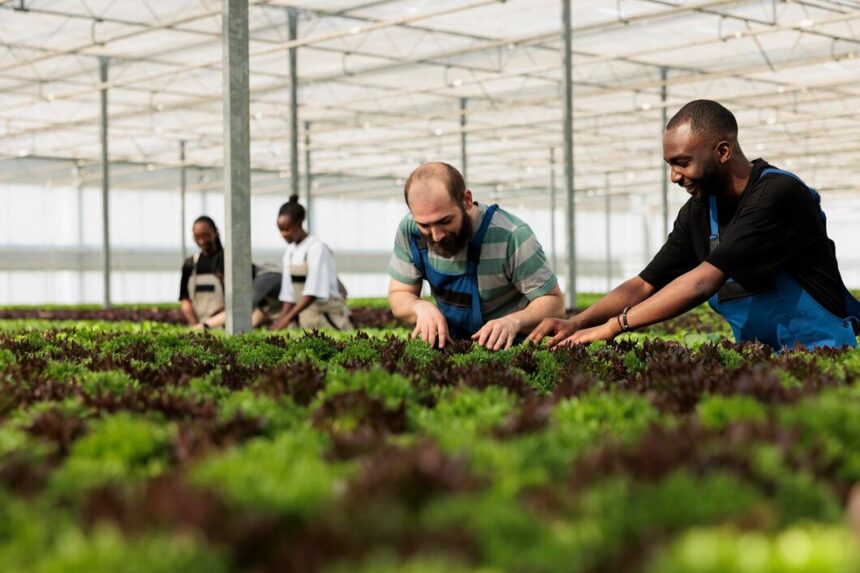Agricultural education in South Africa plays a crucial role in developing a skilled workforce capable of addressing the nation’s agricultural challenges. To enhance agricultural education and drive progress in this sector, consider implementing the following strategies:
- Curriculum Modernization
Updating the agricultural education curriculum to include the latest advancements in technology, sustainable practices, and global trends is essential. Incorporating modern farming techniques, such as precision agriculture and smart farming, will better prepare students for contemporary agricultural challenges. - Enhanced Practical Training
Providing hands-on experience through partnerships with local farms and agribusinesses can bridge the gap between theoretical knowledge and practical skills. Establishing farm schools or field labs where students can apply their learning in real-world scenarios can be highly beneficial. - Integration of Technology
Introducing advanced agricultural technologies, such as drones, GIS (Geographic Information Systems), and remote sensing, into the educational framework can enhance students’ understanding of modern agricultural practices and prepare them for a tech-driven industry. - Strengthening Industry Partnerships
Collaborating with agricultural businesses, cooperatives, and government agencies can create internship and job placement opportunities for students. These partnerships can also ensure that educational programs align with industry needs and workforce requirements. - Focus on Research and Innovation
Encouraging research projects and innovation within agricultural education can drive advancements in the sector. Supporting student and faculty research can lead to new solutions for local agricultural issues and foster a culture of innovation. - Enhanced Teacher Training
Investing in the continuous professional development of agricultural educators ensures they remain updated with the latest industry trends and teaching methods. This includes attending workshops, conferences, and industry events. - Promoting Agribusiness Skills
Integrating business and management skills into agricultural education can help students understand the commercial aspects of farming. Courses on financial management, marketing, and entrepreneurship can prepare them for successful careers in agribusiness. - Encouraging Youth Participation
Developing programs and initiatives to attract young people to agriculture is vital. School outreach programs, agricultural fairs, and interactive workshops can spark interest and enthusiasm among students from an early age. - Improving Infrastructure
Investing in state-of-the-art facilities and resources for agricultural education, such as laboratories, greenhouses, and equipment, can enhance the learning experience. Adequate infrastructure supports hands-on learning and practical application. - Promoting Agricultural Education Awareness
Raising awareness about the importance and opportunities within agricultural careers can attract more students to the field. Public campaigns, success stories, and testimonials from industry professionals can highlight the benefits of pursuing agricultural education.
By implementing these strategies, South Africa can strengthen its agricultural education system, equipping the next generation with the skills and knowledge needed to advance the sector and address the challenges of modern agriculture.
Join 'Farmers Mag' WhatsApp Channel
Get the latest Farming news and tips delivered straight to your WhatsApp
CLICK HERE TO JOIN






